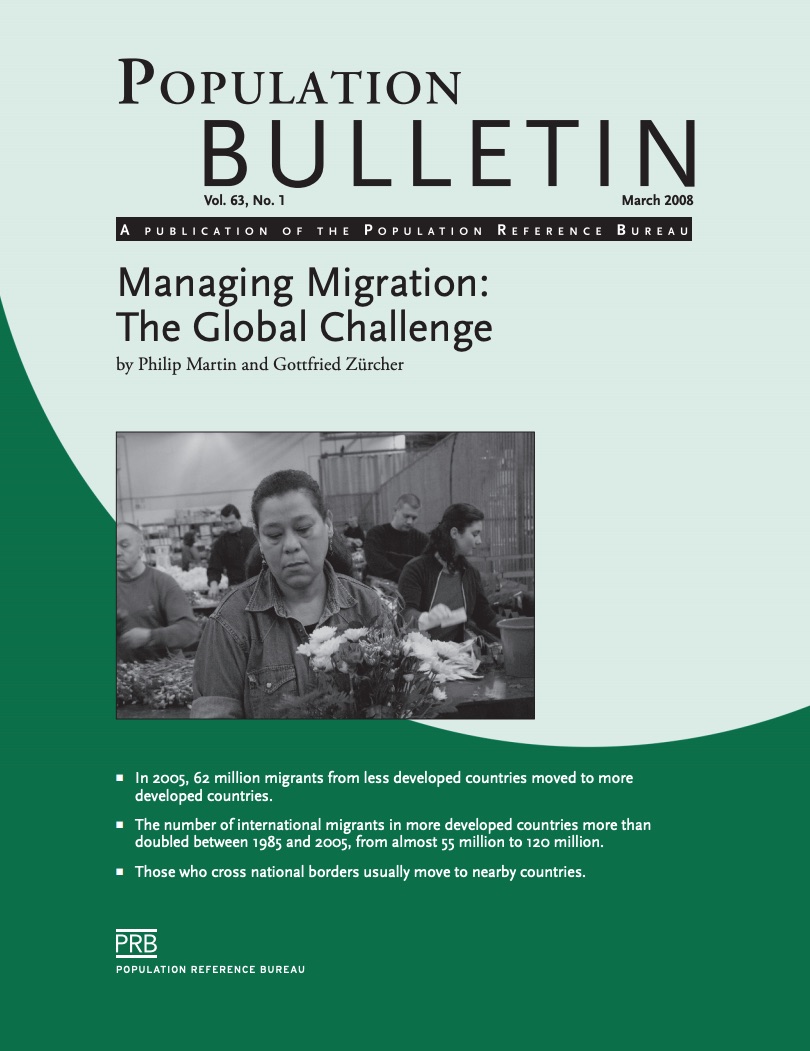637 Search Results Found For : "Best%20Essay%20Writing%20Service%20%F0%9F%8E%93www.WriteMyPaper.online%20%F0%9F%8E%93Write%20Essay%20Fast%20-%20Write%20Essay%20Cheap"
PRB Discuss Online: A Call to Action: Increasing Global Investments in Youth
(2010) With almost half of the world's population under age 25, investments in young people are vital to improve economic and social outcomes and achieve the Millennium Development Goals (MDGs).
PRB Discuss Online: How Are Latino Children Doing in the United States?
(2010) Over the past 20 years, the number of Latino children under age 18 living in the United States has doubled, making them one of the fastest-growing segments of the national population.
PRB Discuss Online: What Is Your ‘Race’? A Question Increasingly Difficult to Answer
(2010) The concept of "race" has always been controversial, given ugly associations with slavery, the eugenics movement, and racism.
PRB Discuss Online: Population and National Security
(2011) In her new book, The Future Faces of War: Population and National Security, author Jennifer Dabbs Sciubba argues that the future of warfare will be shaped by demographic trends in fertility, mortality, and migration.

Population Bulletin, vol. 63, no. 1: Managing Migration–The Global Challenge
(March 2008) The number of international migrants is at an all-time high. There were 191 million migrants in 2005, which means that 3 percent of the world's people left their country of birth or citizenship for a year or more.
The Plight of Internally Displaced Persons
(2005) Americans perched on punctured rooftops in the blazing sun for days. Others slogged through rising floodwaters. And many others rushed inland before the storm hit, only to remain homeless weeks later, unable to return to their ruined homes.
Fertility Decline and Reproductive Health in Morocco: New DHS Figures
(2006) The "fertility transition"—the shift from large to small families that demographers have observed throughout much of the world—has been remarkably rapid in Morocco, according to a recently released demographic and health survey on that country.

Managing Migration: The Global Challenge
(March 2008) The number of international migrants is at an all-time high. There were 191 million migrants in 2005, which means that 3 percent of the world's people left their country of birth or citizenship for a year or more.
